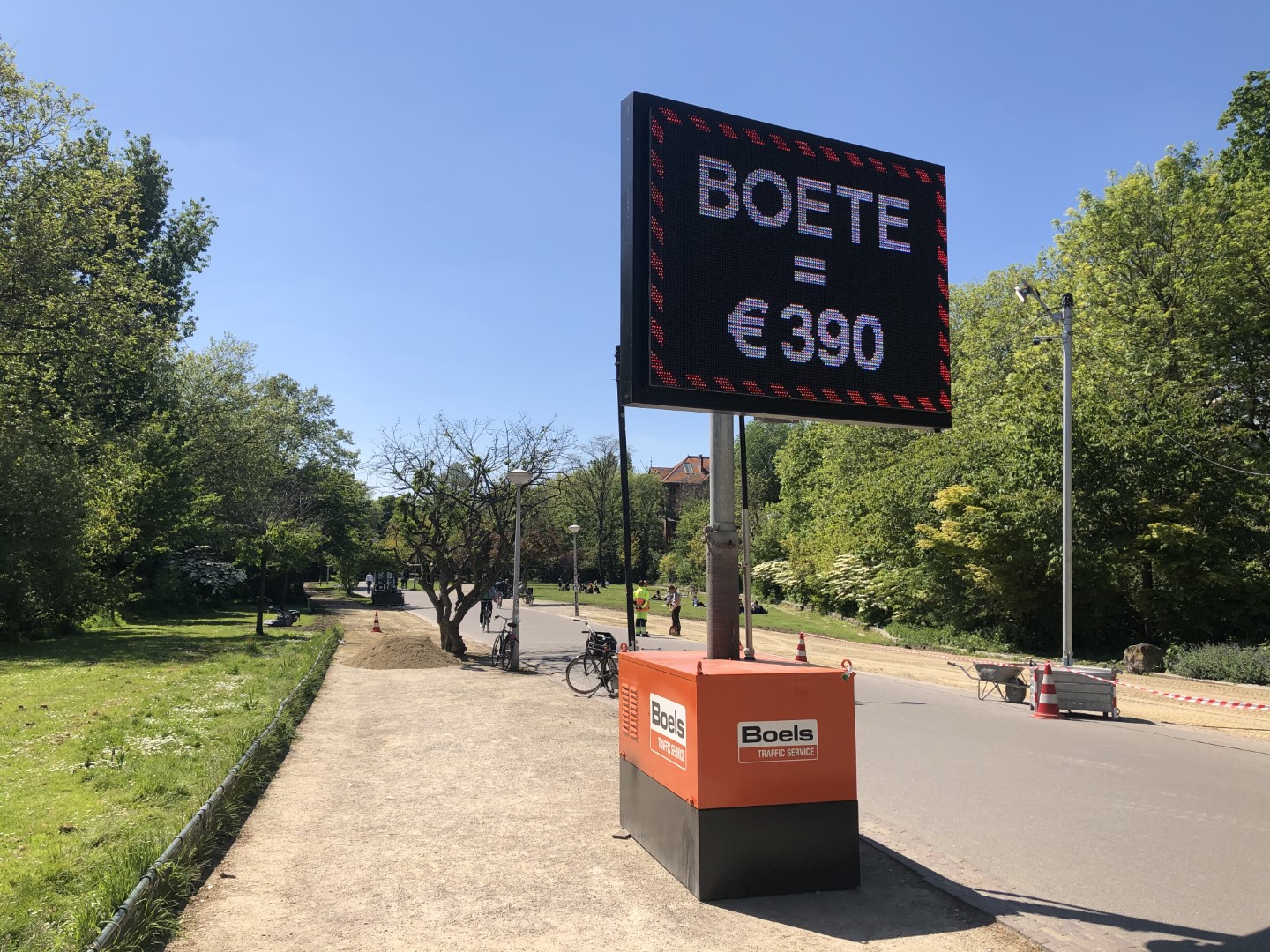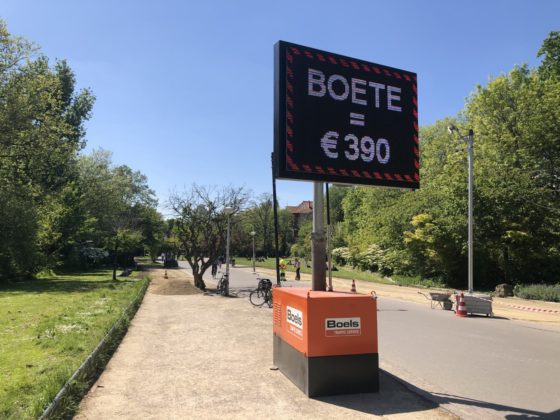The first Dutch coronavirus case was confirmed six months ago. Where are we now?


Six months ago, on February 27, former health minister Bruno Bruins announced that that the Netherlands had its first confirmed case of coronavirus. That first patient was a man from Tilburg, who had been in northern Italy and reported to hospital with what he thought was a severe case of flu. Here’s an update on where we are now.
Confirmed cases
Since the first case in Tilburg, by August 25, 67,542 other people have tested positive for Covid-19. Half of them were over the age of 53, according to figures from the RIVM public health institute.
In total, 12,126 have been hospitalised, half of whom were over the age of 68. Of them, 3,026 were treated in intensive care wards at some point. There are currently 48 people in intensive care, down from nearly 1,500 at the height of the pandemic.
So far, 6,207 people are confirmed to have died from coronavirus, half of whom were over the age of 83. However, given the number of excess deaths in the spring, when the pandemic was at its height, the real death toll is likely to be over 10,000.
Asymptomatic?
Sanquin blood bank labs have identified coronavirus antibodies in the blood of 239 of donors but 48% of them were not aware they had ever had the virus. One in 10 reported having no symptoms, while many others had dismissed their complaints as hay fever or a cold.
At the same time, just 20% of the people who told Sanquin they thought they had caught the virus were actually found to have antibodies in their blood.
Testing
More than one million people – out of a population of over 17 million – have now been tested for the virus at some point. Testing was opened up to everyone with symptoms on June 1.
City council health boards carried out 140,432 coronavirus tests in the week to August 25, following mounting concern that not everyone with symptoms was coming forward. Both ministers and local officials had appealed for more people to sign up for tests, as the weekly total fell below 100,000.
The 40% increase in testing has taken the positive test percentage down from 3.5% to 2.5%, almost back to the level of a month ago.
Government support
The bill for government support, for keeping public transport running in the absence of passengers and for a €1,000 tax-free bonus for healthcare workers has reached €30bn so far, and more is on the way.
During the first, three-month support period,14,000 companies claimed help in paying staff, amounting to some €8bn. The second period, which runs until October, has involved 40,000 claims and a bill of €1.5bn. A third package is currently being worked on.
App in other languages
An app designed to help officials track down the contacts of people who are being tested is currently undergoing trials in Twente and Drenthe, but has already been downloaded over 800,000 times. The app, named CoronaMelder, offers multiple language options, including English, German, Polish and Turkish, as well as Dutch.
Second infections
Four people are now confirmed to have had coronavirus twice, thanks to dna testing of the virus itself. All four patients were over the age of 60. One person caught the virus twice in quick succession, the others were reinfected after periods of several months.
Government guidelines
The government last updated its guidelines for dealing with coronavirus on August 19, bringing back restrictions on the number of guests people should welcome to their own homes (six) and cutting the voluntary quarantine period from 14 to 10 days.
Thank you for donating to DutchNews.nl.
We could not provide the Dutch News service, and keep it free of charge, without the generous support of our readers. Your donations allow us to report on issues you tell us matter, and provide you with a summary of the most important Dutch news each day.
Make a donation